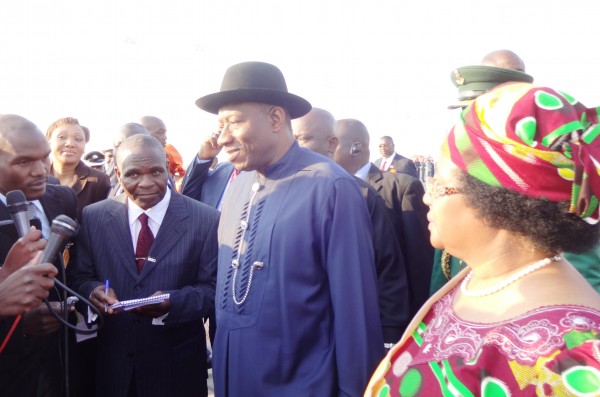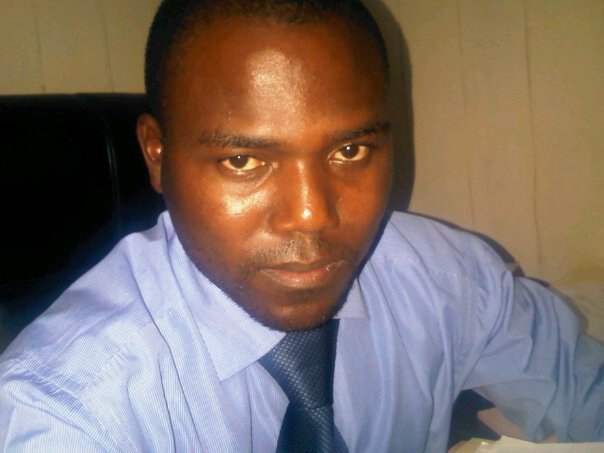44 years ago, Swaziland gained independence from Great Britain. Like many other postcolonial African nations, after the initial excitement Swaziland’s postcolonial years have been disappointing, however. Two thirds of the population survives on less than a dollar a day, many on food aid. Swaziland has the highest Aids prevalence rate per capita in the world. And whatever money the nation has is squandered by absolute monarch King Mswati III, who controls the nations land and finances, and who brutally suppresses any dissent towards his rule.
The reasons for this predicament are manifold and include both external and internal reasons. One could argue that the colonial era, the influence of big business – particularly Coca Cola – on the Swazi economy, the demands of the IMF, and neighbouring South Africa’s de facto support of the regime all form part of the reason for the lack of democracy and socioeconomic development and justice in Swaziland.
But today, and throughout this week, the Swazi democratic movement are holding their annual Global Week of Action to focus on the internal reasons for the misery and lack of influence of the vast majority of Swazis. And these reasons all evolve around the undemocratic and corrupt rule of absolute monarch, King Mswati III.
The events of the week of action have focused, amongst other things, on the many thousands of Swazis who are starving, several who have eaten cow dung to survive; on an education system that ought to be free, gender-unbiased, non-partisan and relevant to the present situation; on a deteriorated health system that cannot cope with very high rates of HIV infection and child and maternal mortality; and on creating a people’s summit that will “create a genuine and open platform for discussion for all the people of Swaziland” that will produce a people’s charter in demand of a “people’s government now.”
And the Swazi police and security forces have, as always whenever there is any form of dissent towards the regime, already clamped down on the attempts of the democratic movement to march, congregate and show the rest of the world that Swazis are fed up with the present regime.
One example of this brutality happened on Tuesday, where police tried to detain Swaziland National Union of Students President, Maxwell Dlamini, during a march. Earlier in the week Dlamini had encouraged students and activists to “render the [the Swazi system of] tinkhundla ungovernable,” and insisted that the movement remains “resilient and defiant despite the police brutality and violence against unarmed students who are demanding democracy and education for all.”
Maxwell Dlamini slipped away, however, aided by the several hundreds of students who were trying peacefully to demonstrate for democracy and deliver a petition to the Minister of Education, after which the police fired teargas and shots into the crowd, made indiscriminate arrests and beat up several students, other activists and innocent bystanders with batons, according the Swazi media and the democratic movement.
“One such person was a female student who lay on the ground as police officers beat her up with batons until some street vendors begged them to stop,” reported the Swazi Observer, a newspaper owned by the king. “When they stormed a shop, screams of people being assaulted with batons could be heard from a considerable distance.”
“Unarmed students and other activists were today sprayed with teargas and violently beaten by the police,” said a joint statement from the Swaziland United Democratic Front and the Swaziland Democracy Campaign. “The regime will stop at nothing to delay and deny Swazis their freedom even if it means being violence on unarmed citizens.”
The Swazi democratic movement do not stand alone in their struggle, however. There have been demonstrations outside several Swazi embassies and consulates throughout the world, not least in South Africa and Britain, several organisation sent delegations to the various events of the Global Week of Action, including British trade union federation UNISON, SAMWU and NUMSA from South Africa, and the International Trade Union Council Africa, and several organisations have stated their support for the movement.
“SATUCC and its affiliates shall continue to pressure relevant SADC structures as well as member states to prevail upon the Kingdom of Swaziland to uphold the principles under the SADC Treaty in particular Article 4 (c) which requires member states to act in accordance with the principle of human rights, democracy and rule of law,” said the Southern African Trade Union Coordination Council in a statement yesterday.
“?COSATU is not pulling out its support in Swaziland until democracy is achieved,” Second Deputy President Zingiswa Losi of the South African trade federation, COSATU, told those assembled at a demonstration outside the Swaziland Consulate offices in Bramfontein.
“All of Africa is behind democracy in Swaziland, and until there is democracy in Swaziland, all of Africa will not rest,” said the Secretary General of the African department of the International Trade Union Confederation, Kwasi Adu-Amankwah.



